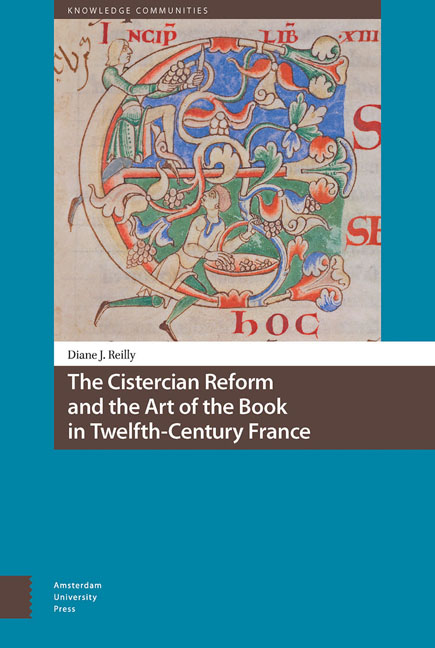4 - Fruitful Words in the Stephen Harding Bible
Published online by Cambridge University Press: 10 December 2020
Summary
Joined therefore as you are in songs of praise with heaven's own singers, since you too are citizens like all the saints, and part of God's household [Eph. 2:19], sing wisely [Psalms 46: 8]. As food is sweet to the palate, so does a psalm delight the heart. But the soul that is sincere and wise will not fail to chew the psalm with the teeth, as it were, of the mind, because if he swallows it in a lump, without proper mastication, the palate will be cheated of the delicious flavor, sweeter even than honey that drips from the comb [Psalms 18:11]. Let us with the Apostles offer a honey-comb [Luke 24:42] at the table of the Lord in the heavenly banquet. As honey flows from the comb so should devotion flow from the words; otherwise if one attempts to assimilate them without the condiment of the Spirit the written letters bring death [2 Cor. 3:6].
− Bernard of Clairvaux, On the Song of Songs, Sermon 7Alimentary metaphors such as this abound in the works of medieval authors who discussed their experience of reading Scripture. Many of them drew on the Apostle Paul's comparison between levels of scriptural exegesis and types of physical sustenance: “I gave you milk to drink, not meat; for you were not able as yet” (1 Cor. 3:2). The words were to be savoured, chewed, and swallowed so that their goodness could be digested by the reader or listener. In his preface to the Gospels, Jerome anticipated that criticisms of his translation would ensue when a reader, “who when he will have picked up the scroll in his hand, and taken a single taste of it, and seen what he will have read to differ, might not instantly raise his voice, calling me a forger, proclaiming me to be a sacrilegious man, that I might dare to add, to change, or to correct anything in the old books?”
- Type
- Chapter
- Information
- Publisher: Amsterdam University PressPrint publication year: 2018



